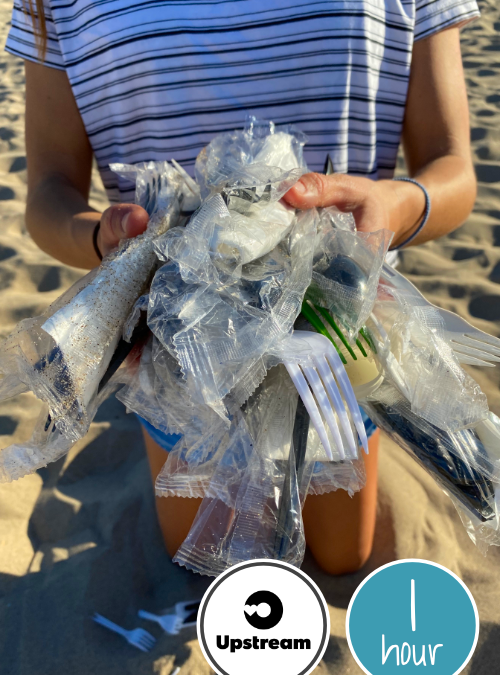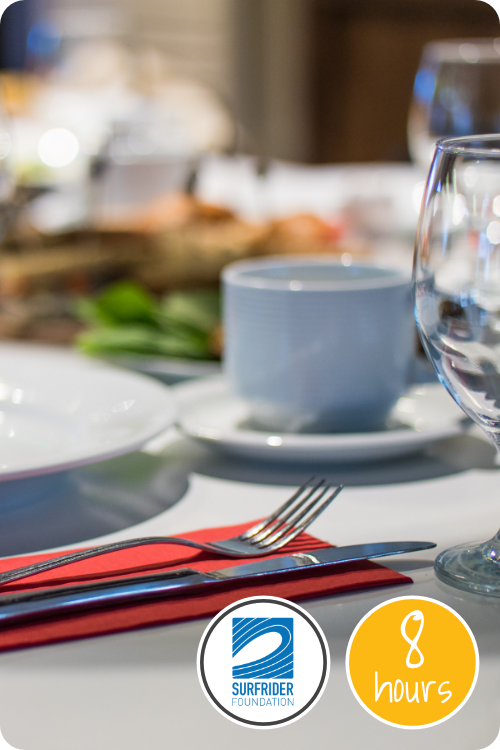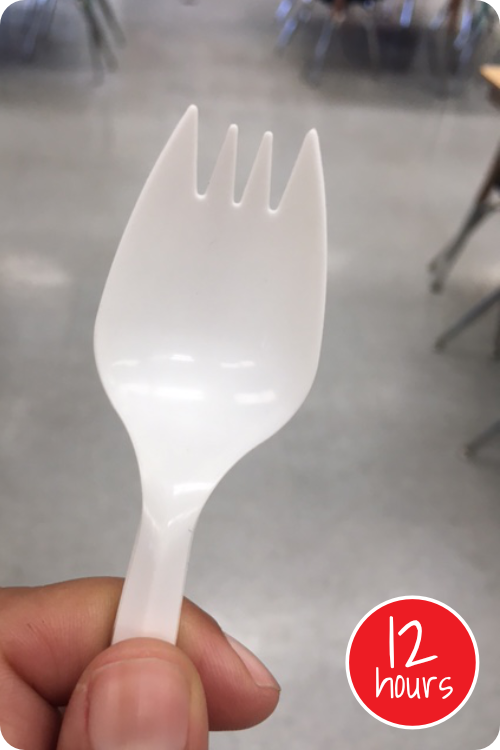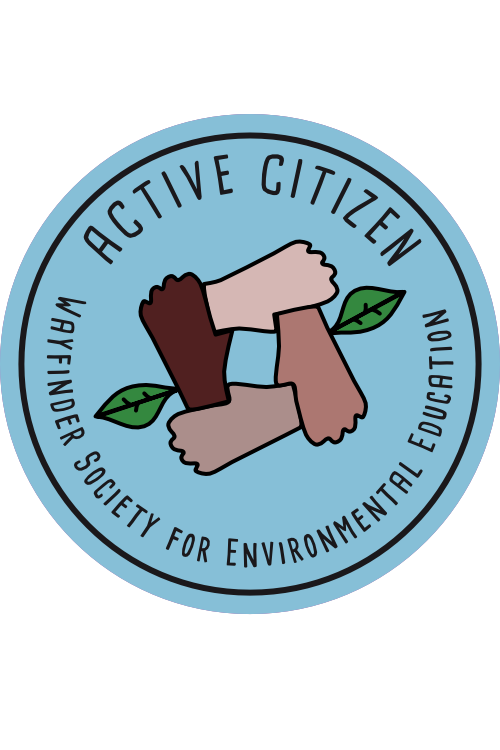
Photo credit: Reusable LA
Your mission
Get to know the #SkipTheStuff campaign.
Time Commitment: 1 Hour
Range of Impact: Community, Global
This Action was created in partnership with UPSTREAM and ReusableLA.
![]()

Why this Action is impactful
It’s common practice for restaurants to provide single-use utensils, condiments, and napkins with your take-out food. This happens whether you need this “stuff” or not. Much of it is produced and thrown away without ever being used! Whether it is plastic forks, straws, ketchup and mustard sachet packets, or other stuff, this is an unnecessary and wasteful practice that can be easily fixed with simple policies. Learning about how policy shifts happen across the country will prepare you to get civically involved in your own community.
What to know before getting started
UPSTREAM, a U.S.-based non-profit has created a simple toolkit to help communities across the United States pass #SkipTheStuff legislation in their area. It could even be replicated in other parts of the world and in places like schools and office buildings. The idea behind #SkipTheStuff is simple: Restaurants, food service providers, and delivery apps should only provide customers with what they request with their order.
In policy terms, disposable utensils, single-use condiments, straws, and napkins are collectively called “foodware accessories”. Here are some statistics about foodware accessories that highlight the need for the #SkipTheStuff Campaign:
- 561 billion disposable foodware items get used every year in the US, amounting to almost 5 million tons of waste! (E. Moss, R. Grousset, The Dirty Truth about Disposable Foodware, The Overbrook Foundation – Feb. 2020)
- In the US we collectively use 36 billion disposable utensils every year. Laid end to end these could wrap around Earth’s equator 139 times. (Sietsema, Tom, “All my takeout has delivered a mountain of trash. So I asked experts how to minimize it,” Washington Post – Sept. 2020)
Not only do we use an immense amount of foodware accessories, most of these single use plastic items do not get recycled. Either
-
- the item is too small to sort out in the sorting system,
- the item may be contaminated with food,
- the plastic type is not profitable to recycle,
- the item is not recyclable because how its design combines multiple materials that can’t be separated easily.
Lets take a ketchup sachet packet for example. These tiny single-serving packets aren’t recycled for several of all reasons listed above. They are small and it’s impossible to get all the ketchup out, or clean the inside of the pouch – they aren’t designed for that. Plus the packet is made of several layers of plastic and metal, which can’t be separated, making them inconvenient to recycle. All these reasons combine to make it unprofitable to recycle these.
What to do
In this Action you’ll learn about how the #SkipTheStuff campaign has been implemented in Los Angeles and explore the resources that you could use to start a campaign in your own city.
How Reusable LA used the #SkipTheStuff campaign to influence local policy
ReusableLA is a coalition of organizations working to create a culture of reusables in Los Angeles.
In 2021, Los Angeles City Councilmembers voted unanimously in favor of amending the existing Plastic Straws-on-Request Ordinance to include disposable foodware accessories. The updated ordinance, also known as #SkiptheStuff, now requires foodware accessories, including single-use utensils, straws, condiments, and napkins, to be available only upon request from food vendors and third-party delivery apps in LA.
ReusableLA started by working to amend the Straws-on-Request Ordinance that already existed in the City of Los Angeles. They took many meetings with LA City Council Members, garnered support from local restaurants, and educated the general public about #SkipTheStuff, which helped get over 3,500 signatures on a petition to support the campaign! Here’s the timeline for how #SkipTheStuff happened in LA City. Implementing any new policy is a long process, and can involve many setbacks, but the people who worked to pass this ordinance talked with many different stakeholders, decision makers, and community members, to get widespread support across the community. With this policy in place many food vendors and restaurants were able to save money by reducing the amount of foodware accessories they needed to purchase.
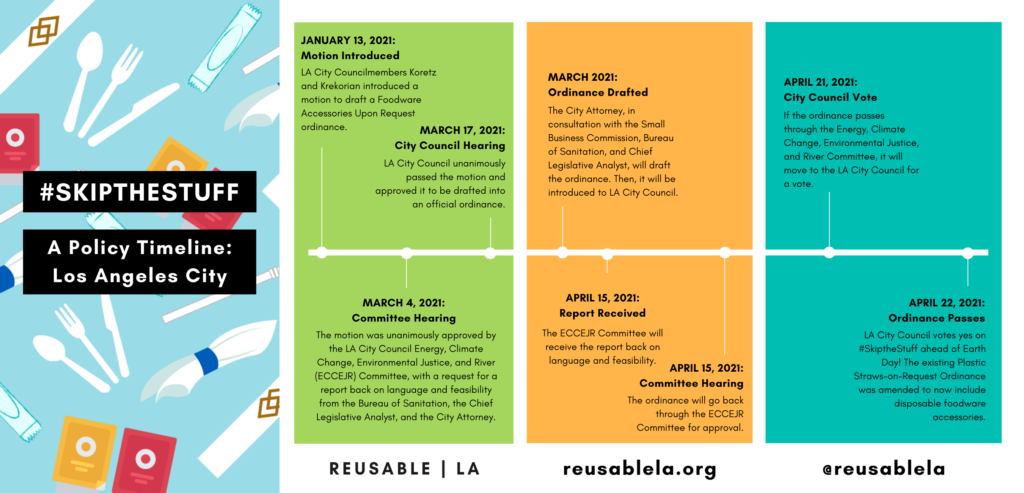
Use the definitions below to help you understand the terms used in the timeline.

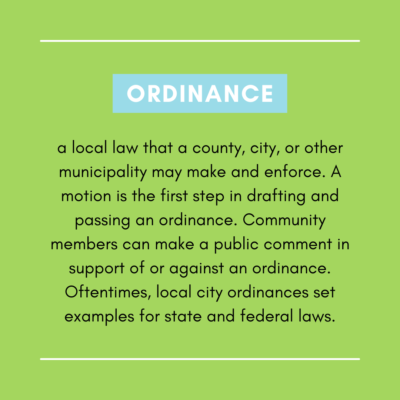
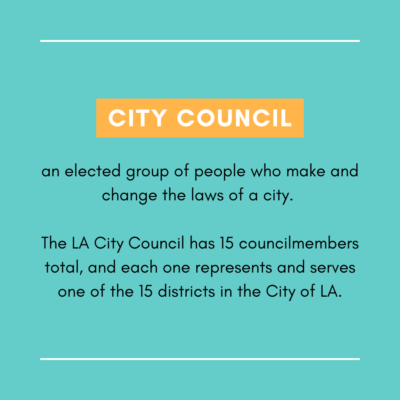
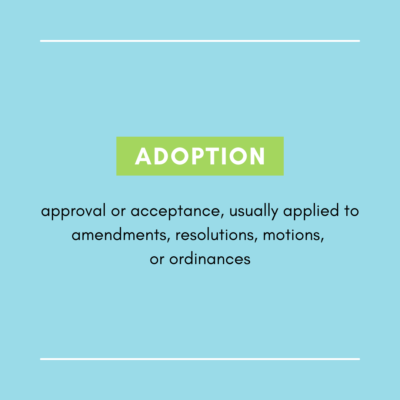
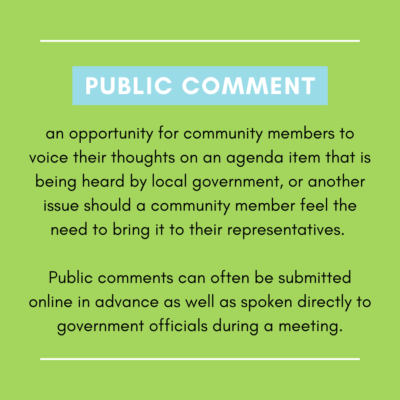
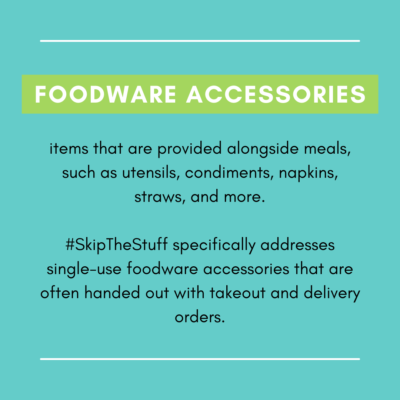
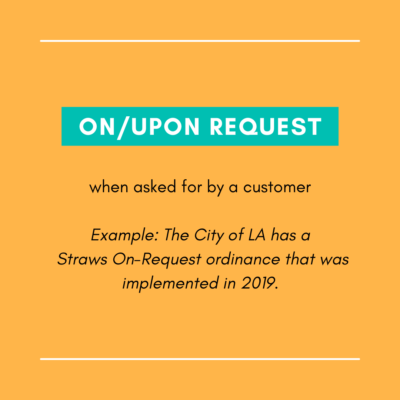
Since the city of Los Angeles established a Skip the Stuff policy, many other communities across the USA, and around the world have also worked to pass similar legislation to reduce food-ware accessory waste.
Answer the questions in the Track Your Contribution section below to earn hours for this Action!
Track your contribution
To submit your work and get recognized for your contribution to the movement, complete the form below. If we approve your submission, you’ll be awarded 1 Action Hour.
Go Above and Beyond
If you want to join or start a #SkipTheStuff campaign in your area, explore the additional resources on Upstream’s website, for more information on how to get started! They have an entire toolkit to help you get started, and a nation-wide community of changemakers doing this important work.
Learn more
Check out the educational videos below to learn more about this topic.
Plastic Pollution Basics
A quick crash course on plastic pollution and what we can do about it!
Learn more
Do another Action
Check out our other Actions that build off of this one!
Inspire Change in Restaurants
Educate your favorite local restaurant on how they can reduce plastics.
Banish the Spork Packet
Transition your cafeteria away from wasteful spork packets.
Civic Engagement Pathway
This Action is part of the Civic Engagement Pathway. Complete the Pathway to earn the Badge!

